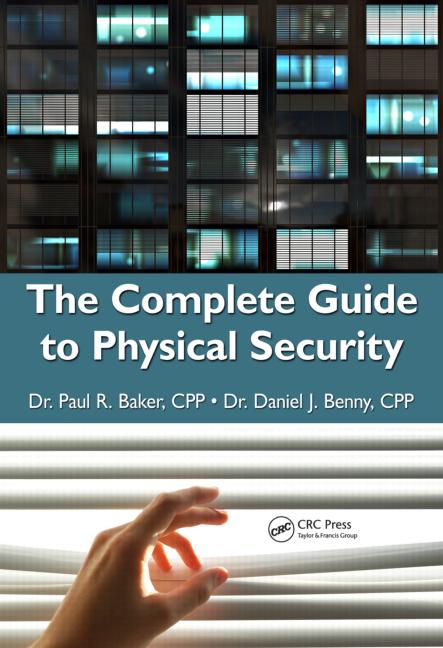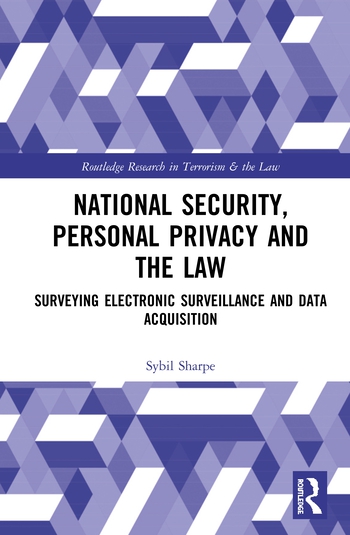I have often heard the following question: ‘Is there any difference when there is injury to one’s person as opposed to injury or damage to property?’ This case is relevant today because it involves an agreement with an alarm company, and the use of a personal emergency reporting
system (PERS). It involved a plaintiff who signed a residential services contract with an
alarm company (the defendant) to install and monitor a security alarm at the home of his mother. The agreement included a portable alarm remote that the plaintiff’s mother could activate when in distress. The mother could not speak and therefore the defendant had instructions to call the plaintiff in the event of an alarm.
The defendant received an alarm from the plaintiff’s mother. Due to the error in the address that the defendant gave to dispatchers, emergency medical services were delayed in their arrival to the mother’s residence by about 16 minutes. The plaintiff brought a wrongful death lawsuit claiming that the defendant was negligent and consequently were it not for the defendant’s negligence, the plaintiff’s mother would not have died of heart failure.
The defendant filed a motion for summary judgment, among other things, claiming that the defendant’s liability was limited to the amount specified in the limitation of liability provision in the contract. In considering a motion for summary judgment, the court noted that the relationship between the two parties was contractual.
The gravamen of the plaintiff’s complaint was that the defendant failed to perform under the contract. The court indicated that the only issue before it was a violation of a promise to perform the agreement. The only duty, other than that assumed in the contract, was his duty to perform his promise in a careful and skillful matter without risk of harm to others, the violation of which was not alleged.
The court indicated that it was left with the defendant’s failure to complete his contract for performance, and this is not a duty imposed by the law upon all. The court then pointed out that the plaintiff’s claim would not exist absent his contractual relationship with the defendant. The court stated it was aware of no common law or other authority outside the four corners of the parties’ agreement that required the defendant to be certain that the address in its database matched the origin of the plaintiff’s medical alert.
The defendant confirmed that it did not dispute initially giving the wrong address to emergency medical services and that it therefore did not dispute failing to perform under the contract. The court pointed out that the eight-page contract listed a table of contents for “attached important terms and conditions.” Among the list were the following entries:
5. We are not an insurer
6. No liability; limited liability
7. Exclusive damages remedy
8. Hold harmless
The court described the provisions of the agreement, which clearly stated the alarm company was not an insurer, that there was limited liability, and that the limited liability was the exclusive damages remedy.
The court then stated an important point, “Plaintiff’s attempt at distinguishing the long line of cases defendant cites in support of liability limitation for alarm service providers is not persuasive. He argues that those cases involved loss of property and not cases where the same principle holds true in a medical call button case where actual human life is so closely dependent upon (the alarm provider's actions.”
The court relied on an analysis from the Michigan Court of Appeals: Defendant is not in the insurance business; rather it provides an alarm service for a specific sum. The contract in question made this clear. Under these circumstances a clause limiting defendant’s liability in the event the alarm system did not work properly is not unconscionable.”
The defendant’s motion for summary judgment was granted, and the court limited the defendant alarm company’s liability to the sum of $500.










